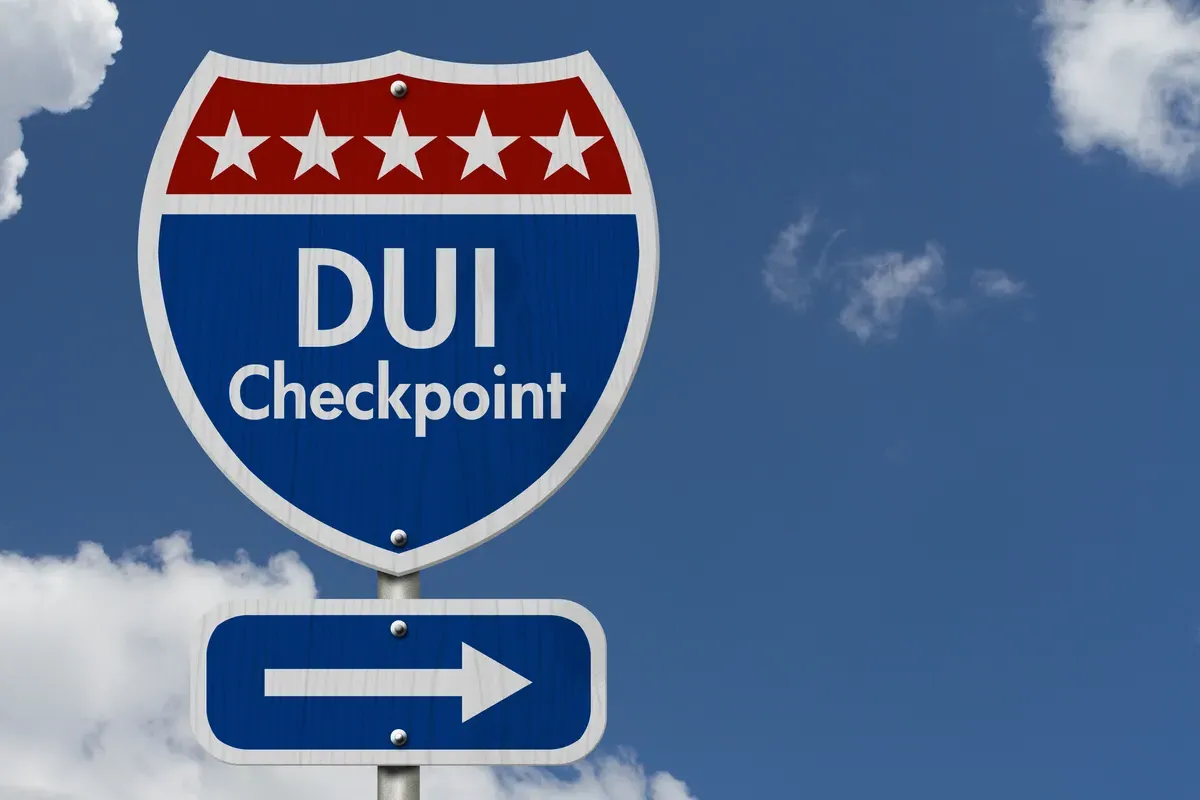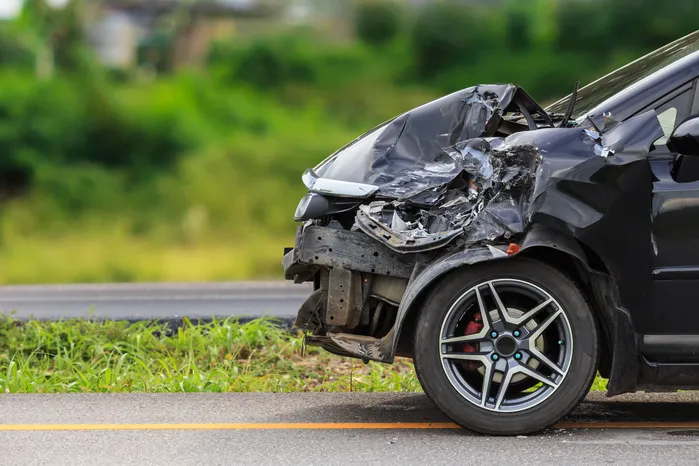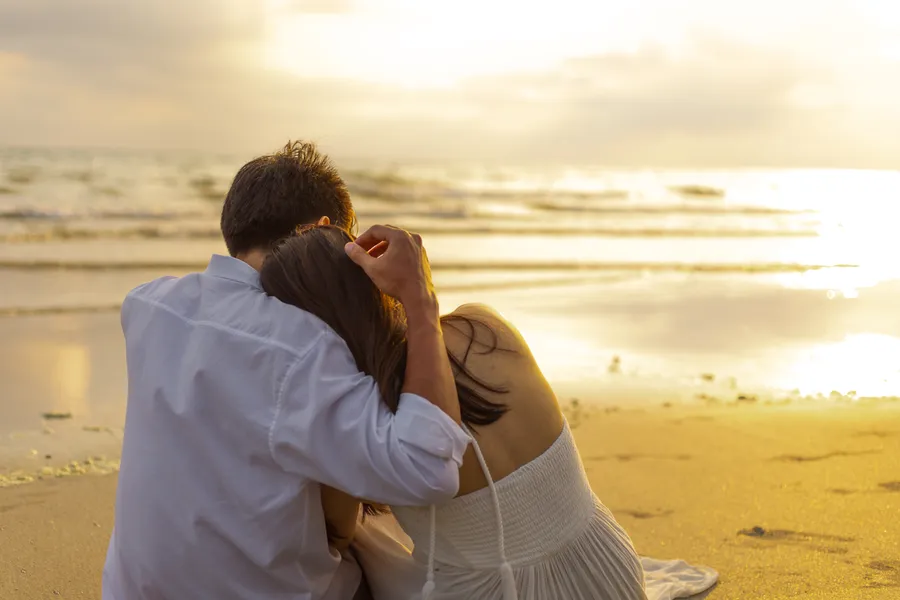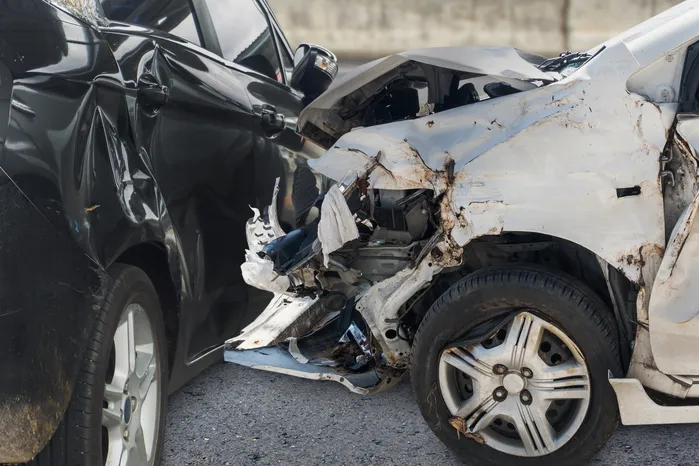5 min read time
Table of Contents

What Are DUI Checkpoints?
DUI checkpoints, also known as sobriety checkpoints, are roadblocks set up by law enforcement where police officers stop vehicles to check if the drivers are drunk driving or under the influence of drugs.
A sobriety checkpoint is often set up in locations with a high percentage of drunk driving accidents or during the holidays, weekends, or events where drunk driving may be more likely.
Are DUI Checkpoints Legal in Nevada?
Yes, DUI checkpoints are legal under Nevada law NRS 484B.570.
Under Nevada Revised Statues 484B.570, law enforcement agencies such as the LVMPD, Henderson Police Department, or Nevada State Police Highway Patrol have permission to set up sobriety checkpoints and identify drivers who may be drunk driving.
How Must a Las Vegas DUI Checkpoint Be Conducted Legally
Although DUI checkpoints are legal in the state of Nevada, there are specific protocols offices at a sobriety checkpoint must follow to ensure that driver's constitutional rights are not violated.
For a DUI checkpoint to be legally conducted in Las Vegas, there must be the following:
- Advance Notice: A DUI checkpoint's location, time, and date must be publicly announced before one is set up. This allows for transparency between the police and the public.
- Systematic Stopping: Vehicles at a DUI checkpoint must be stopped according to a pre-determined and neutral plan. This means police officers cannot randomly choose what vehicles they would like to stop at a DUI checkpoint. By using a systematic stopping system, discrimination or profiling is avoided when searching for drunk drivers.
- Supervision: Nevada DUI checkpoints must be supervised by a high-ranking law enforcement officer, as without proper order and control, a DUI checkpoint can result in an unlawful search or violation of someone's rights.
- Minimal Inconvenience: Unless the police suspect someone of having a blood alcohol content above Las Vegas's DUI laws set limit, the duration of the stop at a DUI checkpoint should be brief.
Las Vegas DUI checkpoint laws are meant to prevent drunk driving accidents while ensuring that everyone's rights are protected.
However, there are situations where a person's right could be violated, and if you believe you are one of those persons, contact an experienced Las Vegas DUI attorney at The Rodney Okano Car Accident Lawyer Law Firm by calling (702) 566-3600.
Do DUI Checkpoints Have to Be Announced?
Yes, the police must announce the time and location of a DUI checkpoint before it is set up.
By announcing to the public that a checkpoint will be in effect, it ensures that the constitutional protections against an unlawful search outlined in the Fourth Amendment are protected.
A notice about a DUI checkpoint being set up in your state is usually provided through local media, law enforcement websites, or social media and typically given a day or two before the checkpoint is set up.
Where Are DUI Checkpoints Located in Las Vegas
Las Vegas and Nevada DUI checkpoints are typically planned and strategically located in areas where there is an assumed higher likelihood of a drunk driving accident, making knowing the exact location of a DUI checkpoint difficult.
However, there are historically common areas when DUI checkpoints are located in Las Vegas, which are:
- The Las Vegas Strip: The strip's high-traffic areas, such as Las Vegas Boulevard, and popular casinos, such as the Bellagio, MGM Grand, and Caesar's Palace, are prime locations for a sobriety checkpoint.
- Downtown Las Vegas: Downtown Las Vegas and downtown streets, such as Fremont Street, Main Street, and Charleston Boulevard, may see a DUI checkpoint here and there.
- Major Streets: Major Streets such as Flamingo Road, Tropicana Avenue, Rancho Drive, and Rainbow Boulevard may be prone to DUI checkpoints during major events, holidays, or weekends.
If you are looking for the exact position of a DUI checkpoint, it's recommended that you check the Las Vegas news or LVMPD social media and website.
Can You Refuse or Turn Around at a DUI Checkpoint in Nevada?
In Nevada, you can legally turn around when approaching a DUI checkpoint; however, if you enter a DUI checkpoint, you cannot refuse the officer's requests and must comply with any police actions, such as providing your driver's license and vehicle registration.
In addition to not being legally allowed to refuse police actions at a DUI checkpoint, if the police suspect you of impaired driving, you may refuse any field sobriety tests but cannot refuse a breathalyzer or other chemical test.
If you are suspected of drunk driving and refuse to take a breathalyzer or chemical test, you can face severe punishment under NRS 484C.150.
What Do I Have to Show at a DUI Checkpoint in Las Vegas?
If you stopped at a DUI checkpoint in Las Vegas, you are required by Nevada law to provide certain documents and information that may assist the police in locating drunk drivers and preventing a drunk driving accident.
Information you may have to provide at a sobriety checkpoint in Las Vegas is:
- Driver's License: If the police request it, you must provide a valid driver's license. In addition, the officer is allowed to check your license to ensure it's valid.
- Vehicle Registration: You may also need to show your vehicle registration at a Las Vegas DUI checkpoint, as it will be used to ensure that the vehicle you are driving is registered with the state of Nevada.
- Proof of Insurance: Nevada law requires all drivers to carry proof of insurance while driving and comply with the Nevada car insurance requirements, which you'll need to prove you are in compliance with at a DUI checkpoint in Las Vegas.
In addition to requesting the documents listed above, the police may ask you a few simple questions.
However, you do have the right to not answer any question that could incriminate you of a crime.
Do You Have to Answer Questions at a DUI Checkpoint?
At a DUI checkpoint, you do not have to answer any questions, especially questions that may incriminate you.
This right to not answer questions in a sobriety checkpoint is protected under the Fifth Amendment.
Will Google or Apple Maps Tell You About DUI Checkpoints?
Yes, both Google and Apple Maps can alert you of a DUI checkpoint in your area.
However, it's important to understand that while these map apps can provide information on DUI checkpoints, the information may not always be correct or updated in real-time.
How Google Maps Provides Information on DUI Checkpoints
Google Maps has a feature that allows users to provide information on road incidents, such as speed traps, car accidents, and police checkpoints.
When around a possible road incident and using the app, you may be able to see a notification or icon on the map showing the presence of a police checking; however, it's crucial to understand that since this feature relies on data from other users, it may not be accurate or up-to-date.
How Apple Maps Provides Data on DUI Checkpoints
Similar to Google Maps, Apple Maps provides information about certain road incidents, including DUI checkpoints, but like Google Maps, this information is provided by other users, meaning it may be wrong or out of date.
Obtain the Compensation You're Entitled To
Contact Us Today
Rodney Okano Car Accident Lawyer is a Las Vegas personal injury law firm with over 20 years of experience helping clients obtain maximum compensation following injuries from accidents such as car crashes, worksite injuries, and slips and falls. Over those years, The Rodney Okano Car Accident Lawyer Law Firm has become an experienced law firm that can ensure exceptional results for any of its clients.





